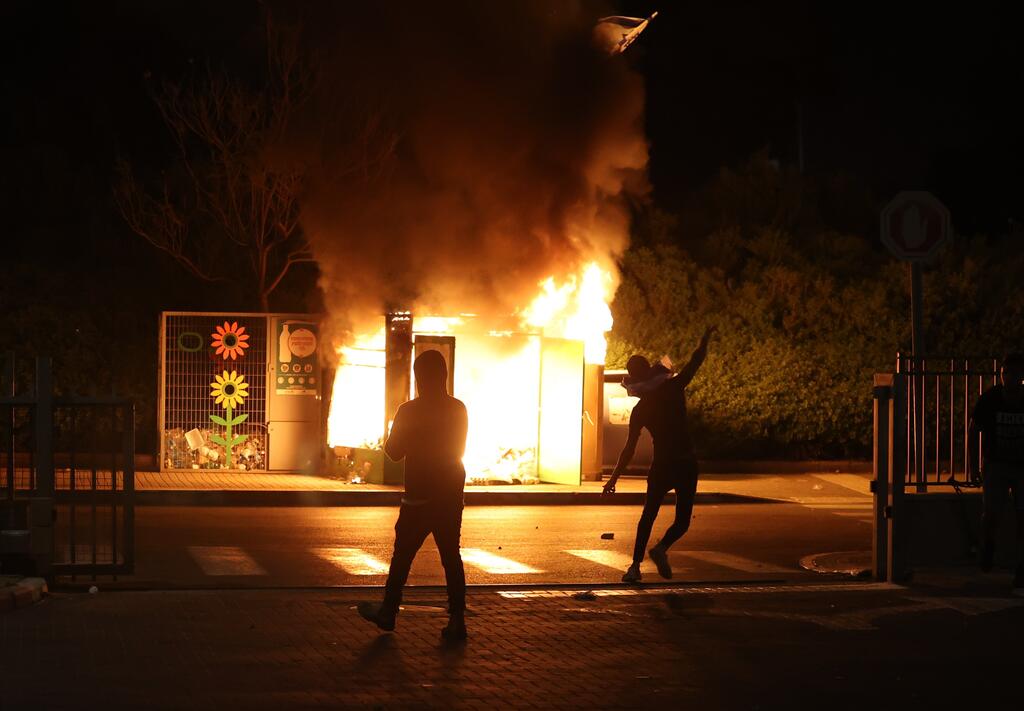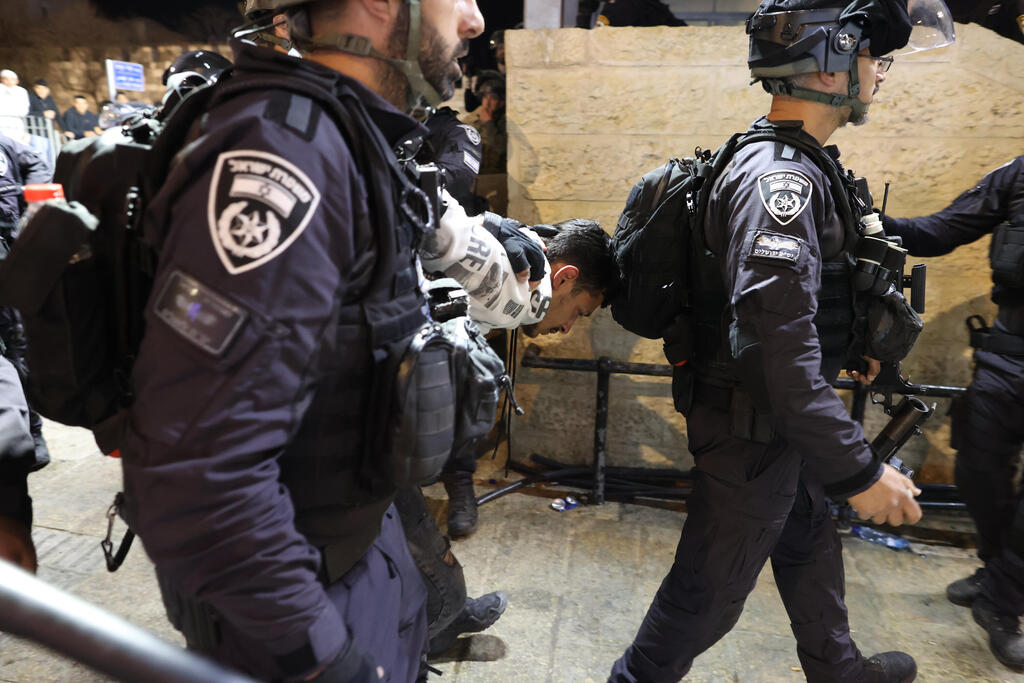Getting your Trinity Audio player ready...
Israel Police is bracing itself for a series of commemorative dates throughout April and May that could potentially spark nationwide chaos, a top-brass police officer told Ynet on Monday.
"Even the smallest spark could ignite multi-front incidents across Israel," said Deputy Commissioner Sigal Bar-Tzvi, head of Israel Police's Operations Department.
5 View gallery
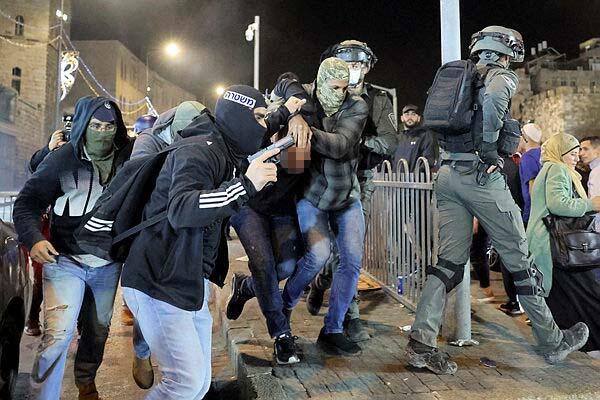

Undercover Israeli police officers arrest Palestinian rioters at Jerusalem's Damascus Gate, April 3, 2022
(Photo: AFP)
With the series of terror attacks in March, which claimed the lives of 11 victims and injured dozens, still looming large in their minds, the police are bracing for the eventful months ahead — beginning with the month of Ramadan overlapping with religious festivals such as Easter, Passover and Ziyarat al-Nabi Shu'ayb of the Druze community and continuing with secular observances such as Memorial Day, Independence Day and the Palestinian Nakba.
May will also mark the one-year anniversary of the inter-communal riots that broke out between Jews and Arabs and escalated to a full-scale 11-day conflict between Israel and Gaza Strip terrorist factions.
"The police is on very high alert of these events", Bar-Tzvi said. "We're trying to create maximal presence throughout the country, especially in potential flashpoints to answer for any scenario.
Our policy as law enforcement is to create as little friction as possible during protests and even during riots like around the Damascus Gate. The order passed down to the commanders on the ground is to try to contain such events and avoid arrests. However, the commander on the ground has full backing to act as they deem fit in the face of such riots..."
5 View gallery
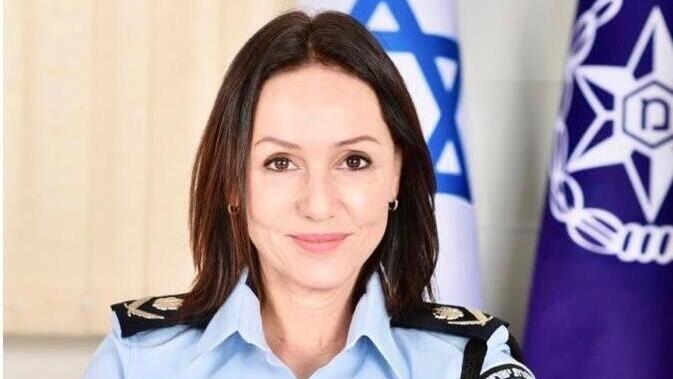

Deputy Commissioner Sigal Bar-Tzvi, head of Israel Police's Operations Department
(Photo: Israel Police)
She noted that the factors that triggered last year's fighting in Gaza — dubbed in Israel "Operation Guardian of the Walls" — were still present and could easily spark another round of hostilities, but police have learned from their past mistakes and were much better prepared to tackle such occurrences.
"Today, we the police are ready and prepared for any spark that could ignite the Arab streets and mixed cities," she said, referring to a handful of Jewish-majority cities with considerable Arab populations where tensions boiled over last year.
5 View gallery
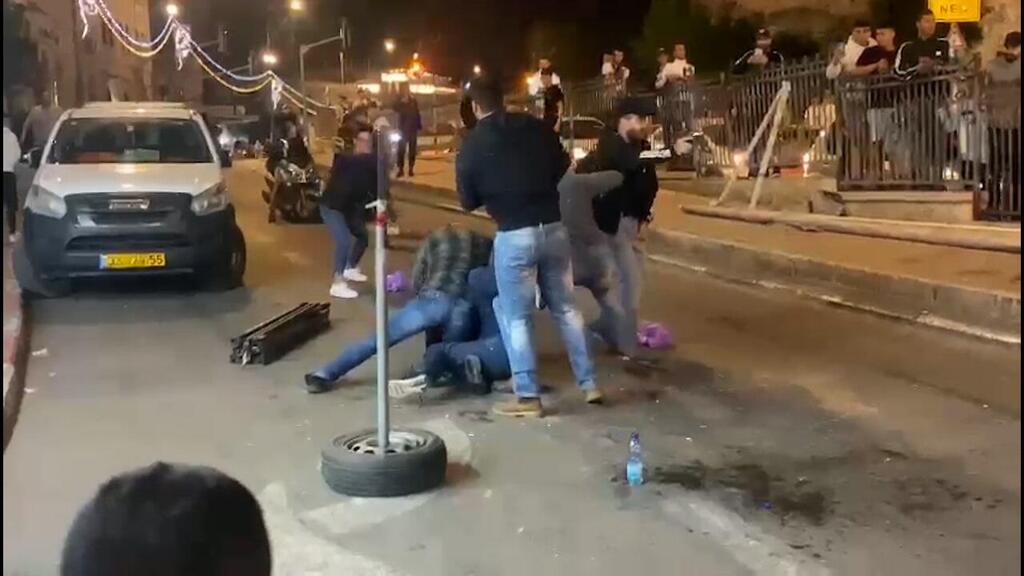

Undercover Israeli police officers arrest Palestinian rioters at Jerusalem's Damascus Gate, April 3, 2022
"The police mapped out all the potential points of friction across the country toward the one-year anniversary of 'Operation Guardian of the Walls'. We're still severely short on manpower. We'll be able to respond to most occurrences but not all."
With tensions running high after the recent spate of terrorist attacks, Prime Minister Bennett last week called on Israelis who have a gun license to carry a firearm with them.
Bar-Zvi stressed that carrying a firearm entails great responsibility and urged civilians to use it only in accordance with the law and the stipulations of their license. She also suggested that license holders take a refresher course and familiarize themselves with the proper procedure of opening fire.
Meanwhile, the police have also temporarily halted all trainings to bolster its forces on the ground, in addition to volunteers, municipal inspectors, Border Police forces, and some 1,300 IDF troops who were also dispatched to aid.
"The police is acting in collaboration with all security bodies. There is security surrounding markets, malls, hitchhiking stops, train stations, schools, recreational areas, and other crowded spaces," Bar-Tzvi said. "Along with walking the beat, the police is monitoring the internet to gather intelligence on individuals calling for riots or planning terrorist activity."


